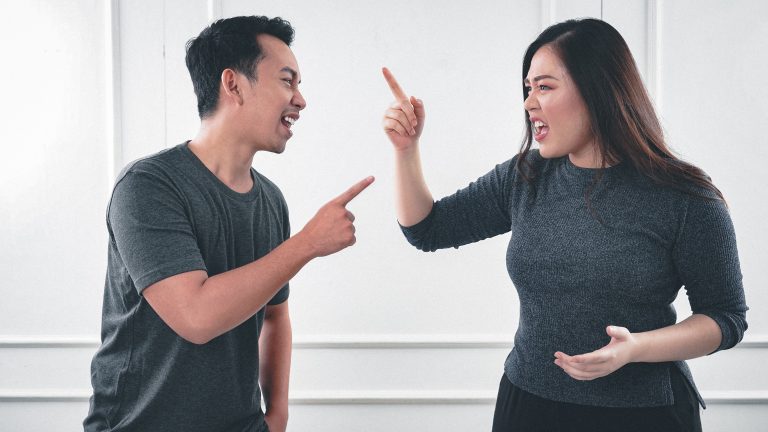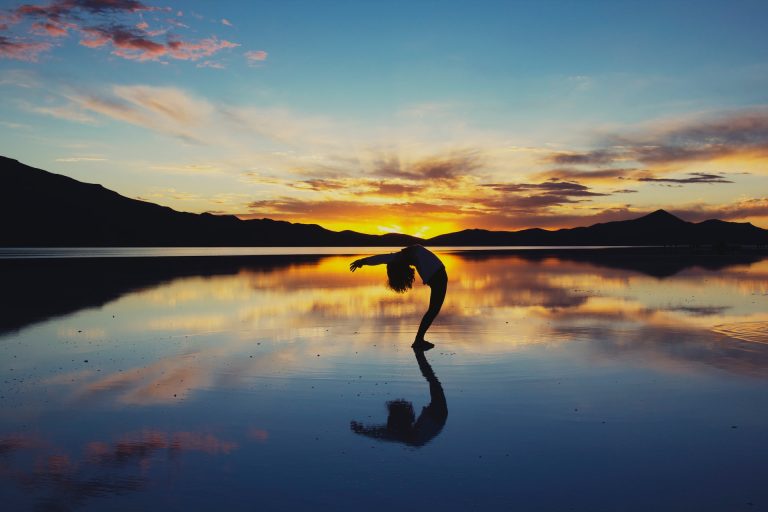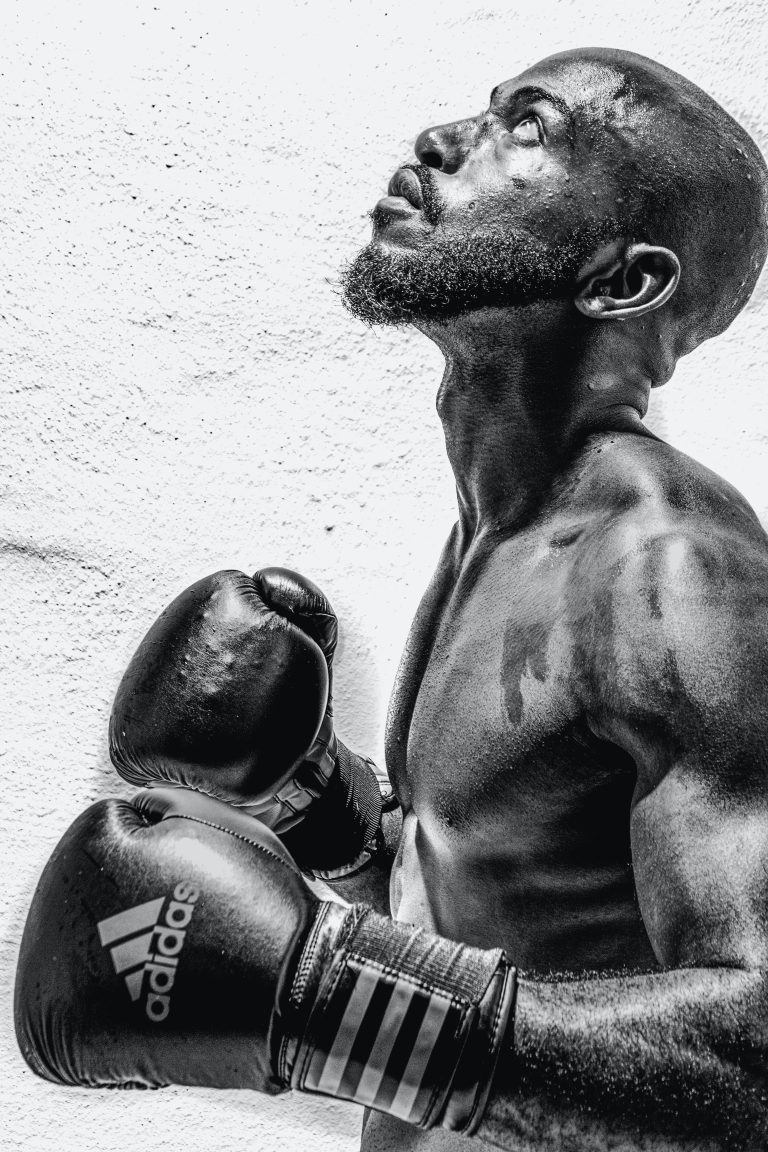How to Learn Karate at Home by Yourself
If you’re interested in learning karate but don’t have the time or resources to attend a class, you may be wondering if it’s possible to learn on your own at home. The good news is that it is possible, but you will need to be disciplined, dedicated, and follow some simple tips to make the most of your training. In this blog post, we’ll show you how to learn karate at home by yourself.
Start with the Basics
Before you get started with your training, it’s essential to start with the basics. This includes learning the proper stance, footwork, and basic strikes. Start by researching the basic techniques of karate on the internet or studying a karate book that covers the basics. Make sure to learn the proper form and technique for each movement as this is essential for injury prevention and optimizing your training.
Set a Training Schedule
One of the biggest challenges of learning karate at home is staying motivated and consistent. Create a weekly training schedule that suits your needs and is realistic for your level of commitment. Start with 30 – 45 minutes of training per day and gradually increase the training time as you progress.
Use Online Resources
Thanks to the internet, there are countless resources available to learn karate online. YouTube, KarateForums, and other sites provide valuable resources on the techniques and fundamental principles of karate. You can find tutorials, demonstrations, and informative videos on various karate topics. Find an online community or forum specific to your karate type and connect with other enthusiasts to ask any questions and to receive tips and feedback.
Invest in Training Gear
To practice karate at home, you will need some basic gear such as a uniform, training gloves or mitts, and a punching bag, shield, or foam targets. As you progress, you may want to invest in more advanced gear like sparring gloves, shin guards, mouthguards, and so on, but the key is to start with the basics and gradually work your way up.
Don’t Skimp on Warm-up and Stretching
Before each training session, make sure to warm up and stretch appropriately. Warming up increases heart rate and body temperature, increasing the blood flow to the muscles and preventing potential injury. Dynamic stretching, jogging, or jumping jacks are great ways to warm up. You can also include static stretches, starting from the head down to the toes, targeting major muscle groups.
Maintain a Healthy Lifestyle
Karate requires strength, endurance, and agility. It is essential to maintain a healthy diet and lifestyle to optimize your training. Be sure to incorporate nutritious foods such as lean protein, fruits, and vegetables into your daily diet. Make sure to get enough sleep, at least 7 – 8 hours per night, to allow your body to recover, and try to avoid smoking and alcohol as they can impair your training.
Monitor Your Progress
It’s essential to track your progress and set goals to achieve during your training. Whether it’s mastering a new move, increasing your strength or endurance, or improving your technique, make sure to set realistic goals for each session, week or month. Evaluate your progress regularly and make adjustments accordingly.
Frequently Asked Questions about Learning Karate at Home by Yourself
Karate is a martial art that is exciting, challenging and rewarding to learn. It is a way of improving physical health, mental focus, and self-defense ability. While it is certainly possible to learn karate in a class or from a qualified instructor, not everybody has access to these resources. In this guide, we aim to answer some of the common questions about how to learn karate at home by yourself.
1. Is it possible to learn karate by yourself at home?
The short answer is yes, it is possible to learn karate by yourself at home. However, it is important to recognize that learning karate is not easy, and it takes a great deal of discipline, self-motivation, and hard work to become proficient in this martial art. A dedicated and conscientious learner can achieve a respectable level of proficiency in karate through persistent practice, careful observation of techniques, and study of the martial arts principles.
2. What are the best resources for learning karate at home by yourself?
The best resources for learning karate at home by yourself include instructional books, video tutorials, online courses and self-evaluating tools. There are numerous books available on the market that provide step-by-step instructions for learning karate techniques. Video tutorials and online courses are also great resources, offering demonstrations of techniques and explanations of principles. Additionally, many martial artists find value in interactive tools, such as online forums and self-assessments. This combination of resources can provide a well-rounded source of information and guidance for learning karate.
3. How do I create a training environment for learning karate at home?
Creating a suitable training environment for learning karate at home requires dedication and commitment to the process. The first step is to designate a specific area for training. This area should ideally be free from distractions and large enough to move around in. It should also be kept clean and tidy to avoid accidents. Secondly, you will need to invest in some basic equipment like punching bags, striking pads, and protective gear like gloves and shin guards. Additionally, if you are learning from a book or online course, it is essential to have access to a camera to record your progress so you can assess your technique and identify areas for improvement.
4. How do I develop a training routine for learning karate at home?
Developing a suitable training routine for learning karate at home requires careful planning and needs to be tailored to your fitness levels, experience, and goals. The routine should include foundational stretching and warm-up exercises to increase flexibility and prevent injury. Basic techniques, like punches, kicks, and blocks, should be practiced repeatedly to develop muscle memory and improve precision. Developing a routine that includes all the necessary elements, such as strength training, cardio, and rest, can help you stay motivated and progress towards your goals.
5. How long does it take to learn karate at home by yourself?
The time required to learn karate at home by yourself varies depending on factors such as your starting level of fitness, your commitment to practice, and your learning capacity. It can take several months or even years to become proficient in the basic techniques, while the mastery of more complex patterns and fighting scenarios can take much longer. It is important to note that karate is a journey that requires lifelong dedication and commitment to self-improvement, and that mastery is never truly achieved – there is always more to learn.
How to Learn Karate at Home by Yourself
If you’re interested in learning karate but don’t have the time or resources to attend a class, don’t despair. It’s entirely possible to learn karate at home by yourself, as long as you’re committed to putting in the time and effort to develop good technique and improve your skills.
Step 1: Research Techniques and Patterns
Before you start practicing, you’ll need to research the different techniques and patterns used in karate. You can find tutorials and videos online, as well as books and manuals that cover different forms and techniques.
Once you’ve found a few resources, take some time to study them carefully. Pay attention to the form and technique of each movement, and note any adjustments that might help you improve your technique.
Step 2: Create a Practice Space
To practice karate at home, you’ll need a designated space where you can move around freely and safely. Ensure that the space is clear of any objects that could cause injury, and with enough room for you to perform different movements without restriction.
If possible, install full-length mirrors to allow you to check your form and technique as you practice. Additional props such as yoga blocks or wall bags can be helpful to aid practicing in isolation too.
Step 3: Warm-Up Before Practice
Like with any physical activity, warming up beforehand is crucial to prevent injury and prepare your body for karate training. Start with some light stretches to loosen your muscles and get your blood flowing.
You could also include warm-up exercises such as jumping jacks, mountain climbers, or push-ups to build up your strength and stamina before starting your karate practice.
Step 4: Practice Regularly and Consistently
One of the most important things to learning karate at home is consistency. Practice for at least 30 minutes per day to help build strength, muscle memory, and improve your overall technique.
Focus on individual movements and progress to more complex patterns as you master each form. Be patient with yourself and don’t try to progress too quickly.
Step 5: Seek Feedback and Critique
Just because you’re learning karate alone doesn’t mean you can’t receive feedback on your technique. Film yourself practicing and take notes on where you can improve.
You can ask for feedback from friends, family members, or other karate enthusiasts in online communities. Consider attending a local karate class or seminar if possible, to receive hands-on feedback and guidance.
Step 6: Track Your Progress
To stay motivated and see improvements in your technique, it’s important to track your progress. Keep a log of the different techniques and patterns you’ve learned, and make a note of any adjustments you’ve made in your form.
Tracking your progress will also help you identify any weaknesses or areas for improvement, so you can adjust your practice routine and focus on areas that need more attention.
Conclusion
Learning karate at home by yourself is a challenging but rewarding endeavor. With the right resources, dedication, and consistency, you can build up your technique and skill without the need for a formal class or instructor.
Remember to take things slow, practice regularly, and seek feedback and critique from others. Keep track of your progress and don’t be afraid to make adjustments as you go. With time and effort, you could master the techniques and forms of karate without leaving the comfort of your own home.
Inhaltsverzeichnis






